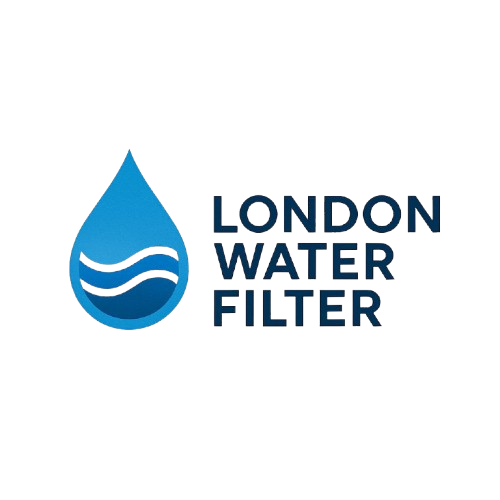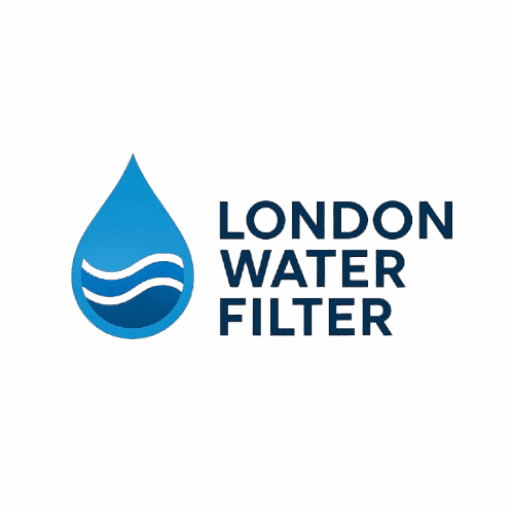In London, water quality can vary from one borough to the next. While tap water is technically safe, it often contains chlorine, lead, sediment, and other common contaminants. If you’re wondering which water filter is right for your house, this guide covers everything you need from filter types to installation and cost.
Why Filtering Your Water in London is a Smart Investment
London’s tap water is hard and treated with chemicals like chlorine. Over time, this can affect your health, your appliances, and even the taste of your drinking water. A good filtration system offers:
- Cleaner taste and smell
- Protection against heavy metals, bacteria, and specific contaminants
- Better long-term plumbing health
- Lower reliance on bottled water
For many homeowners, investing in a water filter means protecting both their family and their property.
Types of Water Filters for Your Home
Choosing the right filter system depends on your needs, budget, and the type of contaminants in your water supply. Here’s a breakdown of the most effective systems available in London:
1. Whole House Water Filter
This system connects to your main water line, providing comprehensive protection for your entire home. It filters water going to your kitchen, bathroom, laundry, and more.
- Best for: Families, large homes, areas with poor water quality
- Pros: Filters all incoming water, high filter capacity
- Cons: Higher upfront cost, requires professional installation
2. Under-Sink Filters
These are point-of-use filters installed under the sink, perfect for improving drinking water without changing your entire filtration system.
- Best for: Kitchens, renters
- Pros: Easy access to filtered water, affordable
- Cons: Limited to one faucet
3. Water Filter Jugs & Pitchers
Quick and easy to use, water filter jugs are ideal for people living alone or those looking for an entry-level solution.
- Best for: Temporary use, personal water purification
- Pros: Low cost, no installation
- Cons: Small capacity, frequent replacement needed
4. Reverse Osmosis Systems
These are among the most powerful water purification systems, capable of removing heavy metals, bacteria, and total dissolved solids.
- Best for: Serious contamination
- Pros: High level of purification
- Cons: Slower flow rate, higher maintenance
5. Water Softeners
A water softener addresses hardness by removing calcium and magnesium ions through ion-exchange. It’s a good option for London households suffering from hard water issues.
- Best for: Areas with very hard water
- Pros: Protects pipes, improves soap efficiency
- Cons: Does not remove contaminants
Factors to Consider Before Choosing a Water Filter
To choose the right filter, think about:
Contaminants in Your Area
Request a local water quality report or test your tap water. Look for chlorine, lead, bacteria, and other common contaminants.
Filter Capacity
A whole-house system may filter thousands of litres before needing a replacement, while a jug might need new cartridges weekly.
Installation and Maintenance
Some filters require professional installation and regular maintenance. Think about long-term convenience and costs.
Upfront Cost vs Ongoing Costs
Filter systems range in price. Include the cost of replacement parts, servicing, and potential upgrades when calculating long-term investment.
Expert Tip: Match the Filter to the Need
- Want to improve just your drinking water? Use an under-sink or jug filter.
- Need comprehensive protection? Go for a whole-house filtration system.
- Dealing with hardness? Consider a water softener along with filtration.
Every home has different water filtration needs. Matching the system to your house, lifestyle, and local supply makes all the difference.
FAQs – Water Filtration in London
What is the best water filter for London homes?
A whole house water filter is ideal if you’re dealing with multiple contaminants, chlorine, or sediment. For drinking, an under-sink filter is more cost-effective.
Is London tap water safe to drink?
It meets safety standards, but it often contains chlorine, lime scale, and bacteria. Filtered water improves taste, smell, and health.
How often should I replace my filter?
It depends on the filter type and capacity. Most carbon filters last 3–6 months, while whole house filters can last up to a year.
Do water filters remove hardness?
Not all do. You’ll need a water softener or a system with ion-exchange to remove hardness.
Are jug filters effective?
They work for light filtration and better taste but aren’t strong enough for heavy metals or bacteria. Consider them as a temporary or supplemental solution.
Final Word
Finding the right house water filter in London starts with knowing your water quality and ends with choosing a system that fits your needs, budget, and space. Whether you’re after a whole house system, a point-of-use option, or a combination of filtration and softening, there’s a product tailored to you.
Need help choosing the perfect filter?
Explore our expert-tested systems at London Water Filter for long-lasting protection and peace of mind.

